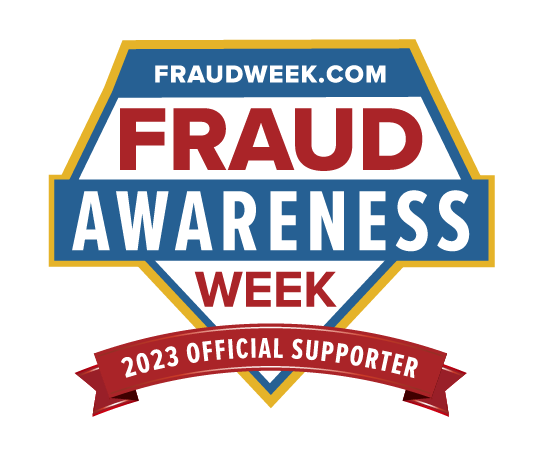Blog Layout
Spotlight on 'working whilst sick' fraud
Jul 27, 2023
53% of all fraud reports made directly to the NHS Counter Fraud Authority (NHS CFA) in 2022-23 related to NHS staff fraud . The NHS CFA estimate that £22.5m of public money is vulnerable to fraud as a result.
One particular type of NHS staff fraud that continues to persist is known as ‘working whilst sick’ fraud. This is where an employee is absent from their NHS position due to illness but starts working, or continues to work, for another employer.
This type of fraud is not confined to the NHS, businesses across many different sectors will fall victim and suffer financial losses and associated costs as a result.
The Impact of ‘working whilst sick’ fraud
- Increased staffing costs from covering the absence with temporary staff and/or overtime.
- Staff absence can increase pressure on existing team members as temporary replacement staff may be less experienced and/or qualified.
- Absence can be prolonged because the employee is obtaining a financial advantage from their actions.
- The resulting disciplinary, professional conduct, and/or criminal proceedings can be time consuming and expensive and may result in additional costs associated with recruiting and training replacement staff.
Preventing ‘working whilst sick’ fraud
There are a number of actions that organisations/businesses can take to prevent ‘working whilst sick’ fraud, these include:
- Having policies and procedures that clearly define and communicate to all staff their responsibilities in relation to secondary employment, i.e., are they allowed to undertake secondary employment and in what circumstances? TIP: this could be included as a standard clause in employment contracts.
- Having policies and procedures that clearly define and communicate to all staff their responsibilities for declaring potential conflicts of interest, such as secondary employment or business interests. TIP: A digital reporting tool makes the process of recording and managing conflicts of interest more efficient.
- If staff have declared secondary employment and they are subsequently absent from their primary role, remind them in writing of their responsibilities as defined in their contract and/or company policy. TIP: this can help to reduce investigations into staff who work elsewhere because they didn’t know their responsibilities; it can also deter staff who may have thought nobody will know if they keep working for another employer whilst absent from their primary role.
- Add a declaration to employee return to work forms, requiring them to declare whether or not they’ve done any other work during their absence. TIP: clearly define what work is, does it include paid, unpaid, voluntary, self-employed work?
- Clearly define the consequences of failing to adhere to relevant company policy on secondary employment. TIP: Clearly communicating that it's a disciplinary offence and that your organisation will seek to recover any overpaid sick pay may act as a deterrent to staff.
At SAFE, our team of experienced, professionally qualified counter fraud specialists can help your business to mitigate the financial risks associated with ‘working whilst sick’ fraud.

15 Dec, 2023
In a world of 24/7 social media, and apps for everything from flights to coffee’s, oversharing personal information online affects more of us than we might think. Whether you’ve shared a seemingly innocent photo of your dog, a video of you supporting your favourite team, or you’ve unwittingly given away details of your banking or passport details, you could be revealing information that is invaluable to a fraudster or identity thief. There is increasing evidence that employee’s over-sharing personal information on social media platforms can enable or facilitate fraud against their employer; businesses like yours!

By Andy Knight
•
03 Oct, 2023
SAFE are proud to be in their seventh year as official supporters of International Fraud Awareness Week (IFAW) 2023. This years event takes place from 12-18 November but you don't need to wait until #fraudweek to be a fraud fighter. We've got lots of great tips and advice here and we'll add more as we approach #fraudweek so make sure you keep checking back here. Be sure to like and follow our LinkedIn and X accounts to stay up-to-date with the very latest fraud prevention advice. Fraud and cyber crime account for over 40% of all estimated crime in England and Wales, affecting more people, more often, than any other crime. The social and economic cost to individuals is estimated to be in excess of £4.7 billion a year. The more aware we all are about fraud, the less likely we are to fall victim to it.

By Charlotte Park
•
31 May, 2023
The DRAFT Terrorism (Protection of Premises) Bill sets out the requirements that, under Martyn’s Law, venues and other organisations will have to meet to ensure public safety. ‘Martyn’s Law’ is a tribute to Martyn Hett who was killed alongside 21 others in the Manchester Arena terrorist attack in 2017.
Want more information?
SAFE - Security and Fraud Experts
Privacy Policy | Cookies
© 2024




